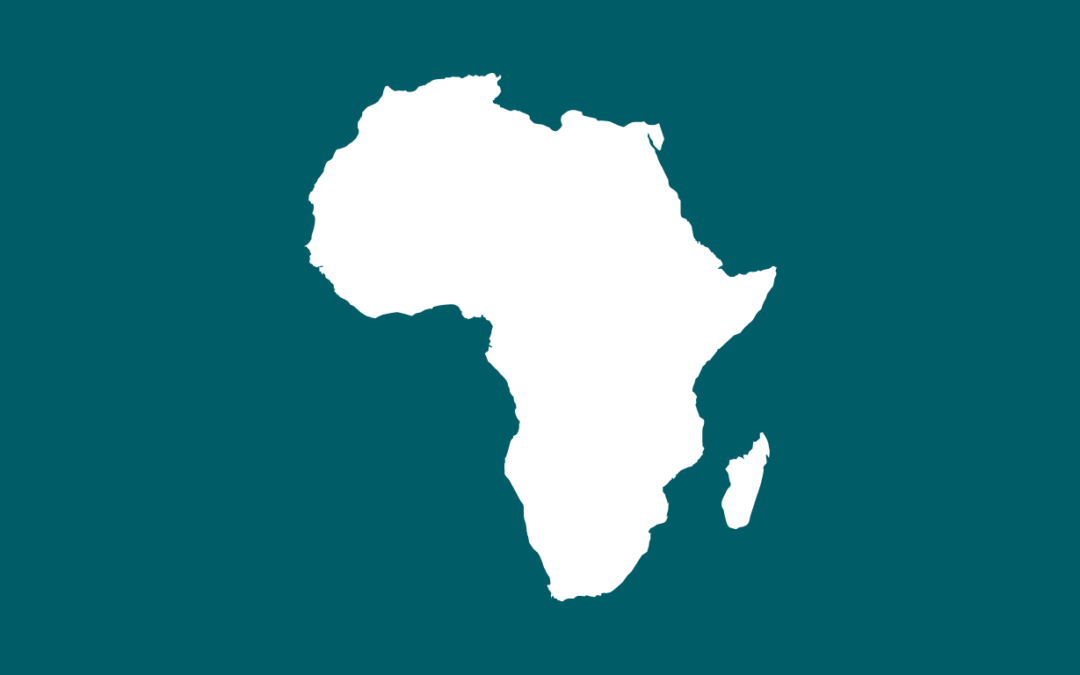“Africa unite, cause the children want to come home… Cause we’re moving right out of Babylon and going to our Father’s land” -Africa Unite, Bob Marley
“We know who you are, you are the ancestors of our great-great grandmothers and grandfathers. Now we want you to know who you are.” -Eric Gospel and others
The question that went with the answer was, “what do Africans, more specifically Ghanaians, think of us, African Americans and our return?” Each and every time I received the above answer. It didn’t matter who I asked- the vendors selling us goods; the Africans who held and guided us through this experience; Yoa, the academic; the cab driver; or the servers; or any other African I met throughout my time in Ghana.
When I was seven or eight growing upon New Jersey, the University students of Color started a summer camp for the kids in the neighborhood. The way they grouped us kids was by tribe, which coincided with our ages. I was in the Ashanti tribe, which was the youngest group. I barely remember what they taught us about this tribe, but what I do remember is the Ashanti were described as fierce warriors. The feeling I got from being part of the great tribe was one I was able to experience live, in Ghana.
Since having that camp experience over fifty years ago, I’ve heard many things about Africans and the relationship the Africans have with African Americans; and needless to say, it wasn’t the above. I can remember the first time someone told me that Africans don’t like African Americans. I was eight, and the person who told me was a family member. I was devastated and wanted to hear a different answer, so I kept asking as many African friends as I could, however none of their answers ever really sat well. This is because somewhere deep inside, I knew that I’m African, and Africans would like and accept me.
Sitting on my hotel balcony, realizing and acknowledging the fact I was in Africa became somewhat overwhelming and occurred with necessary tears required for such a journey. Those early lessons from the early 70’s about Pan Africanism, the belief that all African people, whether on the continent or in the diaspora, share not only a common history, but also a common destiny. It is together that we, African Peoples, will not just survive but thrive.
As we walked through the town, on our way to our re-naming ceremony, it took some time to realize that the entire town had come to support, cheer, wave, smile, and welcome us on this journey that we were on. They knew who we were, and they were excited to see us again. They knew that we, African Americans, needed them if we are to survive. They knew that we needed their love and acceptance because we were hurt people. They knew we needed them to surround us with their love and memories of who we were. But what they knew most was that we needed them to remind us that not only are we related, but that we are African!
Juneteenth takes on new meaning after my time in Africa. We celebrate the proclamation of emancipation for slaves in Texas in 1865, but African Americans are still fighting for their rights in this country. The impact of inequitable systems on people can be devastating. We continue to fight for diversity, inclusion, equity, and especially racial equity, in all of the work that we do with leaders in organizations. We need to lift up our Black friends, colleagues, team members and fight for representation, fairness and belonging in all of our systems.





